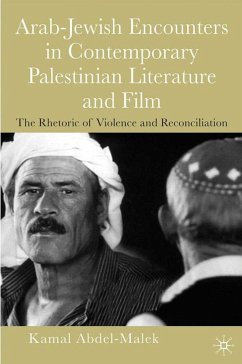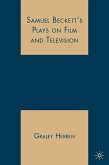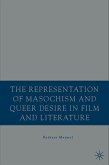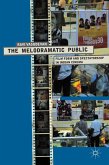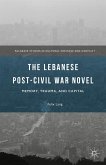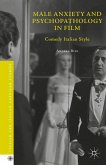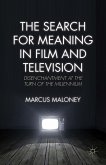Despite the urgent need to develop understandings of the Palestinian-Israeli conflict in the light of the current situation in the Middle East, the role of violence and reconciliation in Palestinian and Israeli literature and film has received only brief treatment. This book is intended to fill that void; that is to explore how Israelis and Palestinians view and depict themselves and each other in situations that lead to either violence or reconciliation, and the ways in which both parties define themselves in relation to one another. The book examines selected Palestinian and Israeli literary works and a small number of films and their tacit assumptions about Israeli Jews. It will attempt to look at, among other questions a) is violence perceived as a means of empowerment, b) is there connection between imaginary violence in literature and actual violence, and what is the nature of the association between creative writers and violence? (eg. popular writer Ghassan Kanafani who isalso a spokesman for the violent PFLP).
'Kamal Abdel-Malek, well known to scholars in the field of Arabic literature, turns his attention to the confrontation of Israeli and Palestinian interests and cultures within a small but much contested terrain. The current work, grounded in the theories of literature and cultural studies, examines the ways in which each of the two traditions explores the "other" through the media of literature and film. There are excellent studies of major figures in both milieus, including Habibi, Kanafani, Fadwa Tuqan, Sahar Khalifa, and Mahmud Darwish in the Palestinian context, and Yehoshua and Amichai on the Israeli. The work is well referenced, and should be a useful source of critical insight for all those interested in exploring the central space lying between the extremes (and extremists) of both sides.' Roger Allen, Near Eastern Languages and Civilizations, University of Pennsylvania

